The United States alleges that China is exerting influence over Nigeria through its loans
According to the Integrated Country Strategies document from the US Department of State, the United States has raised concerns about China's ability to exert influence over the Nigerian government via Chinese loans.
Initially approved on April 6, 2022, the document underwent review and updates on June 23, 2023.
As outlined in the document, China extended sub-prime financing for several infrastructure projects within the country.
A subprime loan, as explained by the Corporate Finance Institute, refers to a loan provided to individuals who do not meet the criteria for conventional loans, and it carries an interest rate higher than prime rates.
Quoting a portion of the document, it states, "Moreover, China extends sub-prime financing for various infrastructure ventures, which could potentially contribute to an unwarranted escalation of Nigeria's debt load and elevate Chinese sway over the Nigerian government."
By March 2023, Nigeria had a debt of $4.34 billion owed to the Exim Bank of China.
The United States-based Fitch Solutions' recent report on Nigeria's railway system revealed that the Chinese company, Chinese Civil Engineering Construction Corporation (CCECC), took charge of the predominant share of railway projects in Nigeria, collectively valued at over $25.51 billion (N10.5 trillion).
Titled 'Nigeria Rail: Near-term focus on Northern region with long-term upside for Southern projects', the report highlighted that Chinese financing facilitated CCECC's involvement in the majority of rail initiatives across the nation.
The report, however, outlined additional companies of significance in the Nigerian railway sector.
It stated, "China Civil Engineering Construction Corporation has taken a leading role in Nigeria's railway construction sector, bolstered by Chinese financing."
A closer look at the prominent rail projects managed by CCECC revealed that the approved Lagos-Calabar coastal railway project, spanning 1402km, was awarded to the Chinese firm for $11.10 billion.
Likewise, the Abuja-Itakpe-Warri rail line project, valued at $3.90 billion, which is backed by China Railway Construction Corporation and EXIM Bank of China, was granted to CCECC, along with Julius Berger, Sinohydro Corporation (another Chinese company), and General Electric. Currently, this project is in the planning stage.
To undertake various infrastructural projects, including standard gauge rail lines, the Federal Government had sought financial assistance from Chinese lenders.
In a report titled 'Status of Chinese loans as of September 30, 2021', the DMO revealed that 15 projects had been financed through Chinese loans. Among these, four projects were linked to railways.
Similarly, the Integrated Country Strategies document from the US raised concerns about Nigeria's political and economic framework.
The document stated, "Nigeria grapples with a core challenge rooted in its political and economic landscape, characterized by decision-making influenced by patronage. A lack of effective coordination between pertinent ministries and an underpowered civil service contributes to inadequate advisory to the Federal Government and the difficulty of sustaining policy objectives across successive administrations."
It further commented, "The country's political and economic elites tend to advocate for policy choices that prioritize their immediate personal interests, potentially at the expense of the state's long-term stability and unity."

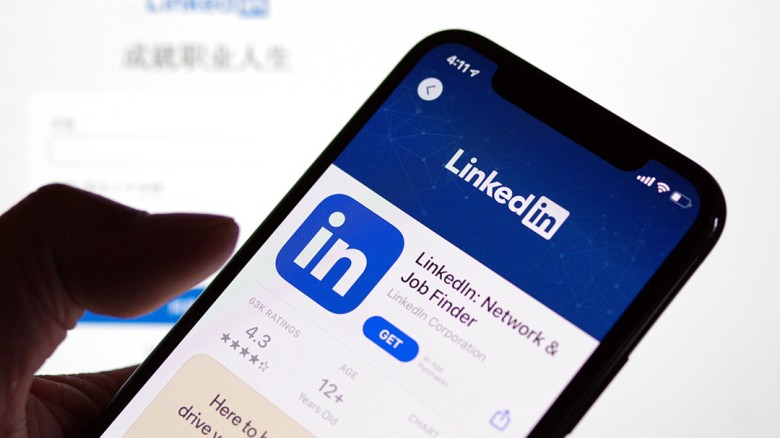
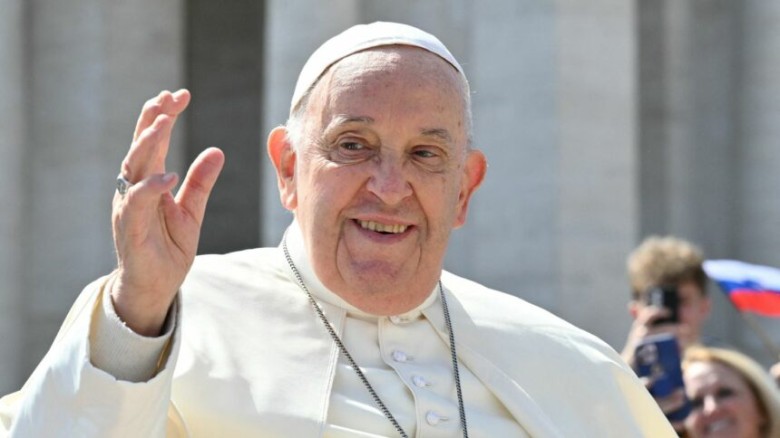

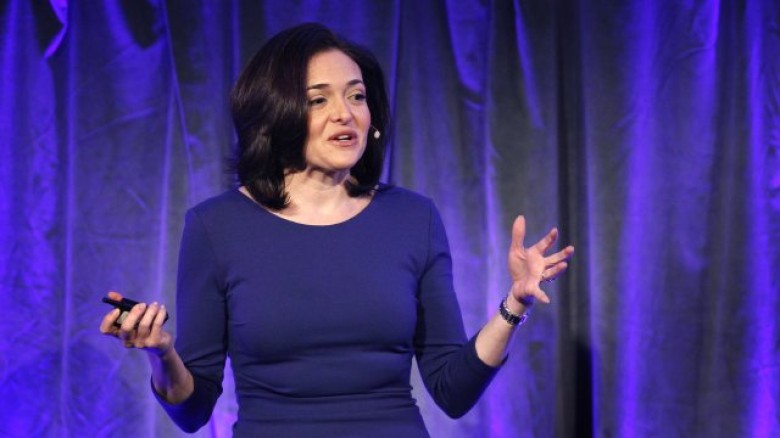



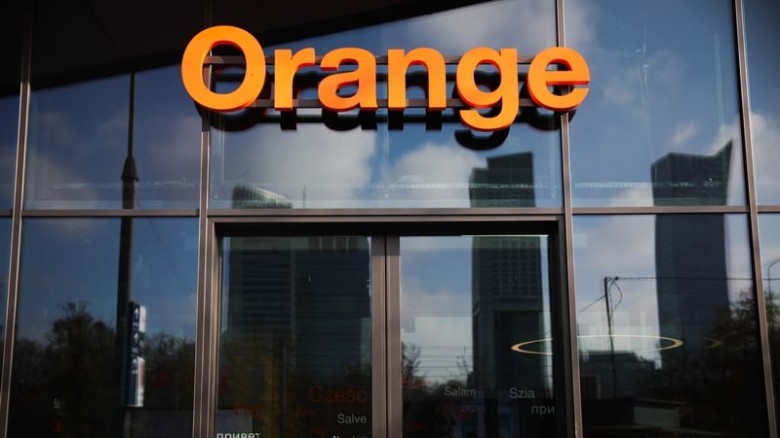
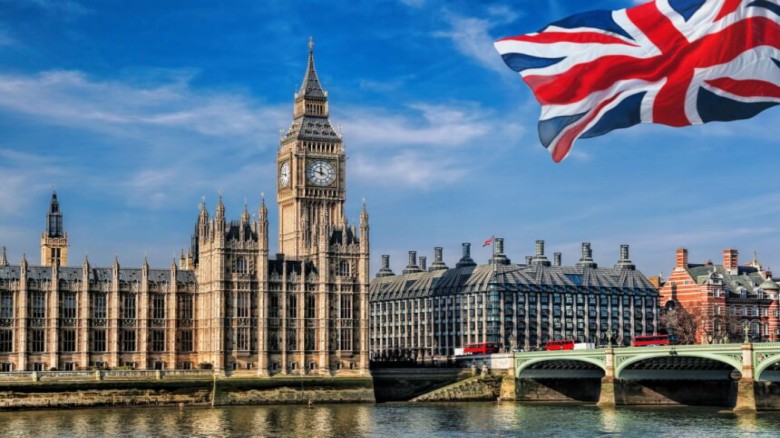

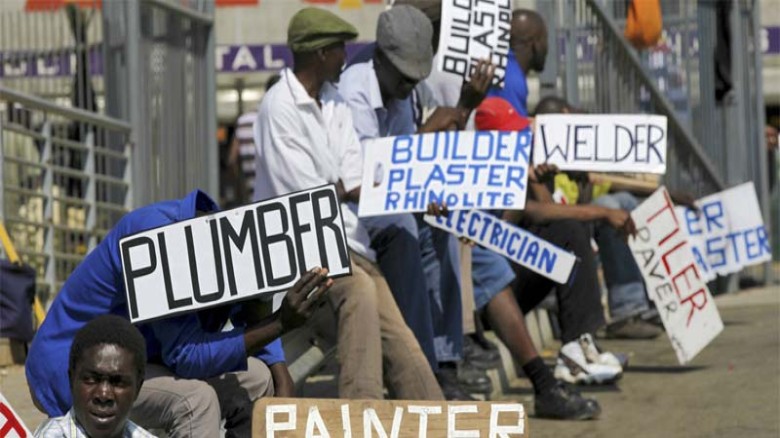
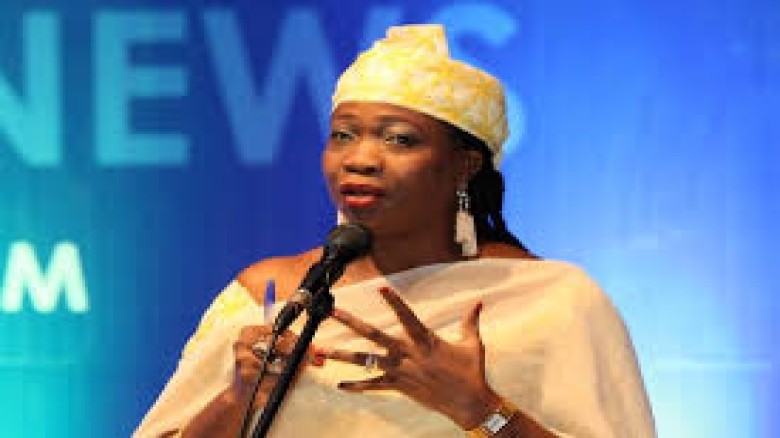


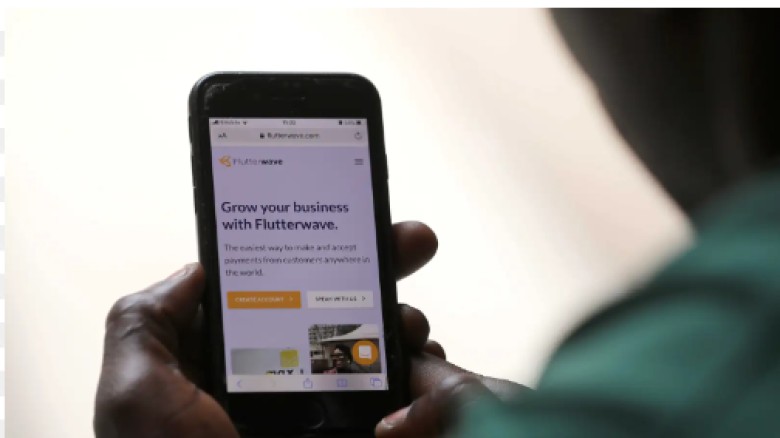

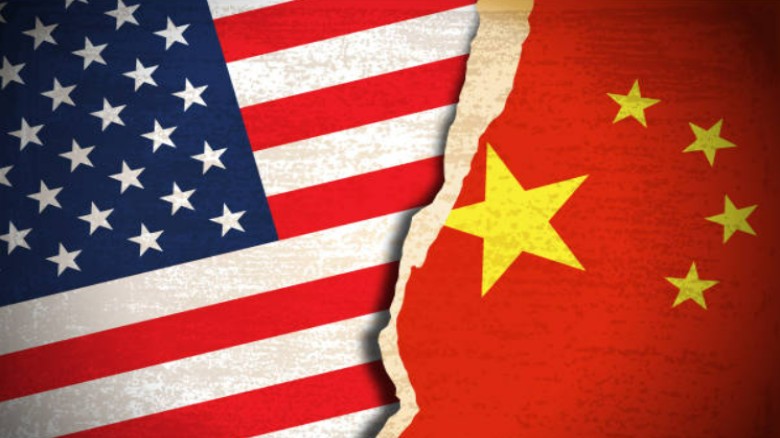
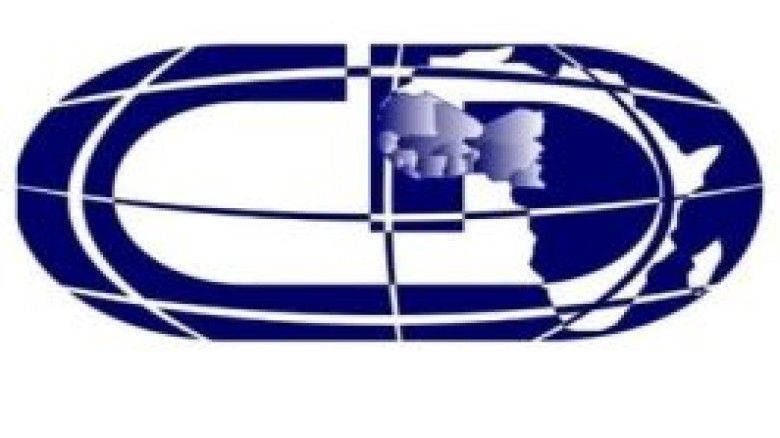





Leave A Comment